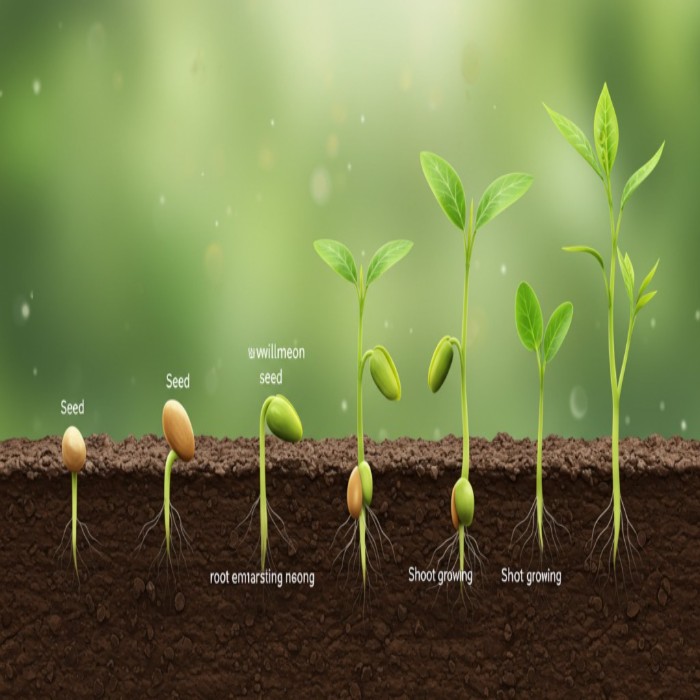Understanding Seed Germination In Winter
Discover how long does it take for seeds to germinate, as germination times can vary from a few days to months based on seed type and conditions. Seed germination refers to the process where a seed begins to grow into a plant. In winter, this process faces more challenges due to low temperature and limited sunlight. Cold air and frozen soil slow down seed activity. Gardeners often ask how long does it take for seeds to germinate in winter season. The answer depends on seed type, soil condition, and temperature range. While some seeds start slowly, others require warmth to activate.
Factors That Affect Germination In Winter
Several factors control the speed of germination during cold months. Temperature plays the most important role, as most seeds prefer warm soil. Moisture also supports seed activation, but too much water may freeze and harm seeds. Light also influences the process, since some seeds require exposure to sprout. Wind and frost create stress that delays the emergence of seedlings. Therefore, every factor must align to support winter seed growth.
Typical Timeframe For Winter Germination
Gardeners want to know how long does it take for seeds to germinate in winter season. In most cases, seeds need more time compared to spring or summer. Cold soil slows enzyme activity, and growth starts only when conditions improve. Some seeds may sprout within two weeks, while others may need a month or more. Hardy seeds like spinach or kale often germinate faster, even in cool soil. Delicate seeds like tomatoes or peppers usually wait for warmth before sprouting.
Tips To Improve Germination In Winter
Although winter slows the process, gardeners can use methods to encourage faster sprouting. Using indoor seed trays keeps seeds safe from frost. Warm mats under containers provide steady soil temperature for germination. Covering soil with mulch retains warmth and moisture. Positioning seed trays near a sunny window also boosts light exposure. Regular watering ensures moisture, but care prevents freezing damage. These steps reduce delays and create favorable conditions.
Best Seeds To Germinate During Winter
Not all seeds tolerate cold weather equally. Some perform well, while others fail to sprout. Hardy vegetables like carrots, beets, lettuce, and radishes often adapt to cool soil. Herbs like parsley and cilantro also manage winter conditions with slower but steady germination. Peas germinate outdoors in late winter and prepare for early harvest. On the other hand, seeds of tropical plants rarely succeed during cold months. Therefore, the selection of winter-hardy seeds increases success.
Common Mistakes Gardeners Make In Winter
Many gardeners face disappointment when seeds fail during winter. A common mistake is sowing seeds directly in frozen soil. Another mistake is overwatering, which leads to ice formation and seed damage. Some gardeners forget to provide adequate light, which results in weak sprouts. Others select seeds that cannot endure cold conditions. Another error is ignoring soil preparation, which reduces fertility. Avoiding these mistakes improves germination rates and saves time.
Final Thoughts On Winter Seed Germination
The main question remains: how long does it take for seeds to germinate in winter season. The answer is not fixed, as every seed type reacts differently. Hardy seeds may sprout within weeks, while tender seeds wait longer. Gardeners who apply care, warmth, and protection notice better results. Winter germination demands patience, planning, and constant observation. With the right methods, seeds grow even during cold months. Success in winter gardening depends on preparation and smart choices.





